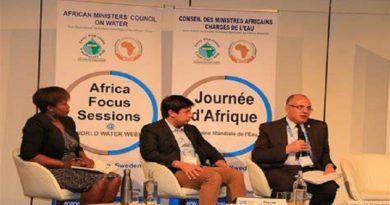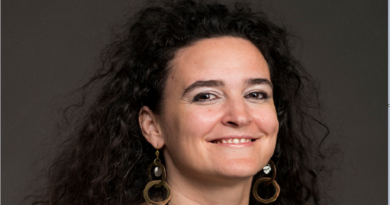UN Body steps up pace to implement vital carbon crediting mechanism
The United Nations Body charged with implementing a new carbon crediting mechanism under the Paris Agreement has expedited plans for action at their first meeting since COP28.
The Supervisory Body of the Paris Agreement Crediting Mechanism took a firm step to set out a direction for the year.
The Body has stepped up the pace of implementation by simultaneously launching work to develop methodological tools and guidelines while also gathering input on concerns raised by Parties in Dubai. This dual approach aims to progress the work while developing further documents for consideration at COP29 in Baku.
“The implementation of a Paris-aligned mechanism is a huge undertaking. With a clear roadmap now in place, we can, and we will, move forward with operationalization,” said Maria AlJishi, newly elected Chair of the Supervisory Body.
In an important step forward, two expert panels have been established. The accreditation panel will be ready to start accrediting auditors to verify and validate projects from April 2024. Meanwhile, the methodologies panel will bring in further technical expertise for the development of standards, guidelines, and tools for crediting activities under the mechanism.
In a bid to encourage broader participation from Least Developed Countries (LDCs), plans are also in place to alleviate financial barriers by waiving the adaptation share of proceeds for activities within LDCs.
Recognizing the need to bolster regional capacity, the Body will also lead a global dialogue aimed at facilitating knowledge exchange and addressing shared challenges among designated national authorities.
Martin Hession, the new Vice-Chair of the Supervisory Body, underscored the importance of the Body’s work this year, stating: “There is a clear demand out there for a credible carbon crediting mechanism that we intend to fill. We need to respect the interests of host countries, investors and other stakeholders. I am hopeful we can deliver something that is both fair and effective, which works for people and planet.”
The Paris Agreement Crediting Mechanism (also known as Article 6.4) is a carbon crediting mechanism established under the Paris Agreement. It allows countries to raise climate ambition and implement national action plans more affordably. It identifies and encourages opportunities for verifiable emission reductions, attracts funding to implement them, and allows cooperation among countries and other groups to conduct and benefit from these activities.
The Paris Agreement Crediting Mechanism has a Supervisory Body tasked with developing and supervising the requirements and processes needed to operationalize it. This includes developing and/or approving methodologies, registering activities, accrediting third-party verification bodies, and managing the Article 6.4 Registry.
At their 10th meeting, the Supervisory Body elected Ms. Maria AlJishi of Saudi Arabia and Mr. Martin Hession of Ireland to serve as Chair and Vice-Chair respectively until the first meeting of the Body in 2025. The Body also elected Ms. Angela Friedrich of Austria as Chair and Mr. Mkhuthazi Steleki of South Africa as Vice-Chair of the newly formed Accreditation Panel. Mr. El Hadji Mbaye Diagne of Senegal was elected as Chair and Ms. Molly Peters-Stanley of the United States of America as Vice-Chair of the Methodology Panel.




